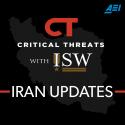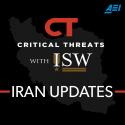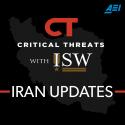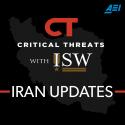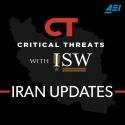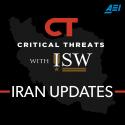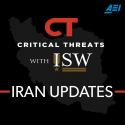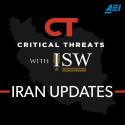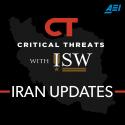Iran Update, April 19, 2023
Apr 19, 2023 - ISW Press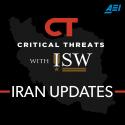
Supreme Leader Ali Khamenei shut down growing calls for a referendum on substantial political reform from within and outside the regime during a meeting with student activists on April 18. Khamenei stated that “the issues of the country are not subject to referendum,” following weeks of statements referencing referendums from prominent officials and leaders across Iran’s political spectrum. Former President Hassan Rouhani called for a referendum on the regime’s domestic, economic, and foreign policies during a meeting with former members of his administration on April 4, as CTP previously reported. Rouhani’s website subsequently published a video and analysis of Rouhani’s April 4 statements on April 9 and 17, respectively. Although Rouhani claims that the referendum he proposes is compatible with Iran’s current constitution, reforming Iran’s domestic, economic, and foreign policies would fundamentally alter the Islamic Republic that Khamenei has built since becoming supreme leader in 1989. Parliament Speaker Mohammad Bagher Ghalibaf has also issued calls for limited governmental change. Ghalibaf met with Nategh Nouri, an associate of Rouhani, on April 18, as CTP previously reported, which indicates he may seek to cooperate with the former president. Khamenei previously dismissed reformist politician Mir Hossein Mousavi’s calls for “foundational change” in his March 21 Nowrouz address, claiming that Iran’s enemies seek to transform Iran by “changing the constitution or the structure of the regime.”


